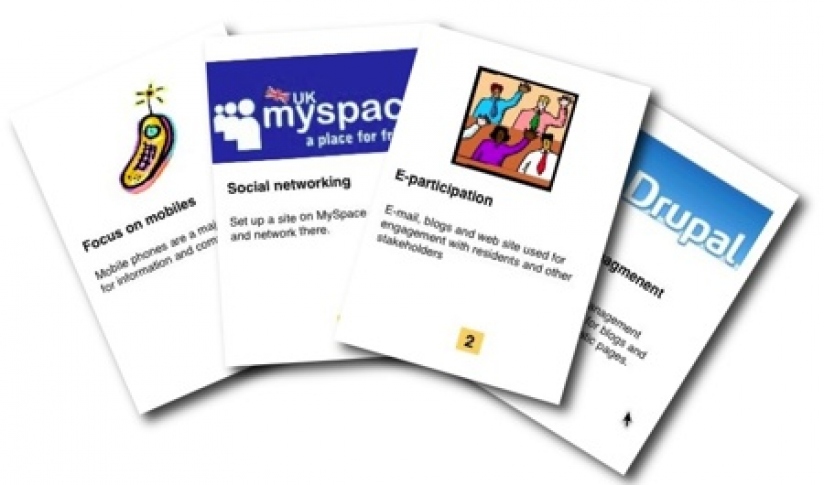A Lab without walls
Contributors: Antonio Lafuente
MediaLabPrado (Madrid) gathers a group of scholar and activists to study how to make visible and understandable the commons. For more than 2 years different approaches have been taken and the main criteria has been collaboration and openess. This approach emulates laboratory practices that is the reason for the name: Commons Lab.
Lab
It is often said that a family, a hospital, or a river are social laboratories, as they give rise to relations or conflicts that make it possible to understand all or part of the social environment of which they are a part, or which they help to create. Thus, by looking at a fragment of the world, it can be seen in its entirety, which is to say that several variables are sufficient (those that make it possible to plan, structure, and order) to gain a general... Read more
P2P versus Web 2.0 - Network Economics: The Game
Contributors: Telekommunisten
CONCEPT / GOAL / OBJECTIVES
When we use our computers and digital networks to send information it seems to go instantaneously from the sender to the receiver, so frequently we do not think about the path it takes, or the political and economic implications of this path.
From the late seventies to the early nineties networked communications for most people meant being a paying customer of an "online service" - the most prominent of these was CompuServe. Using such a service meant that CompuServe, a private company, had full control of your communication - including who you could communicate... Read more
Ejercicio Receta Software Libre
Contributors: Platoniq
a) Objeto en el que se inspira
Los sistemas de programación colectiva (organización productiva) en el software libre.
b) Objetivos
Experimentar una situación cercana a la que se obtiene cuando se colabora en el desarrollo colectivo de un programa libre, utilizando como ejemplo la elaboración de una receta en grupo. Reflexionar sobre el potencial de la producción colectiva en términos de calidad, rápidas mejoras y suma de recursos. Utilizar ejemplos de la vida cotidiana para acercar a los alumnos a la programación informática. Aplicar la metodología de producción del software libre a otros procesos creativos.
c) Descripción de acciones
... Read more
Juego Posiciones, Posicionamientos
Contributors: David Gómez
PRESENTACIÓN
Conocí esta metodología hacia el año 1992, en un taller sobre democracia participativa dinamizado por Stefano Puddu y Oriol Leira en la asociación Ecoconcern. Posteriormente, he utilizado esta metodología en algunas ocasiones, sobre todo en el ámbito docente.
OBJETIVOS
Los objetivos dependerán del contexto donde el juego se aplique y del tema que se esté tratando, pero algunos de los objetivos a alcanzar podrían ser:
Hacer visibles las posiciones dentro de un grupo, obtener un "mapa" de los puntos de vista sobre una cuestión. Aproximarse a posiciones de consenso. Hacer visibles las discrepancias y/o conflictos dentro del grupo. ... Read more
The Social Media Game
Contributors: Designing for Civil Society, David Wilcox
By Beth Kanter and David Wilcox (Designing for Civil Society)
Note: An improved version ot the came can be found at http://socialbysocial.net
The Social Media Game was played for the first time at the UK National Circuit Rider ConFerence January 2007 following a presentation by Beth Kanter and David Wilcox.
When further developed, we hope that the game will be useful to those with roles (*) such as circuit riders, technology stewards, social reporters, buzz directors in helping individuals, groups, organisations and networks plan how to use social media.
The purpose of this first simple version is to trigger conversations about what social media tools may be appropriate in different situations, and further explore the issues raised in the presentation by... Read more



 IMAGE
IMAGE IMAGE
IMAGE